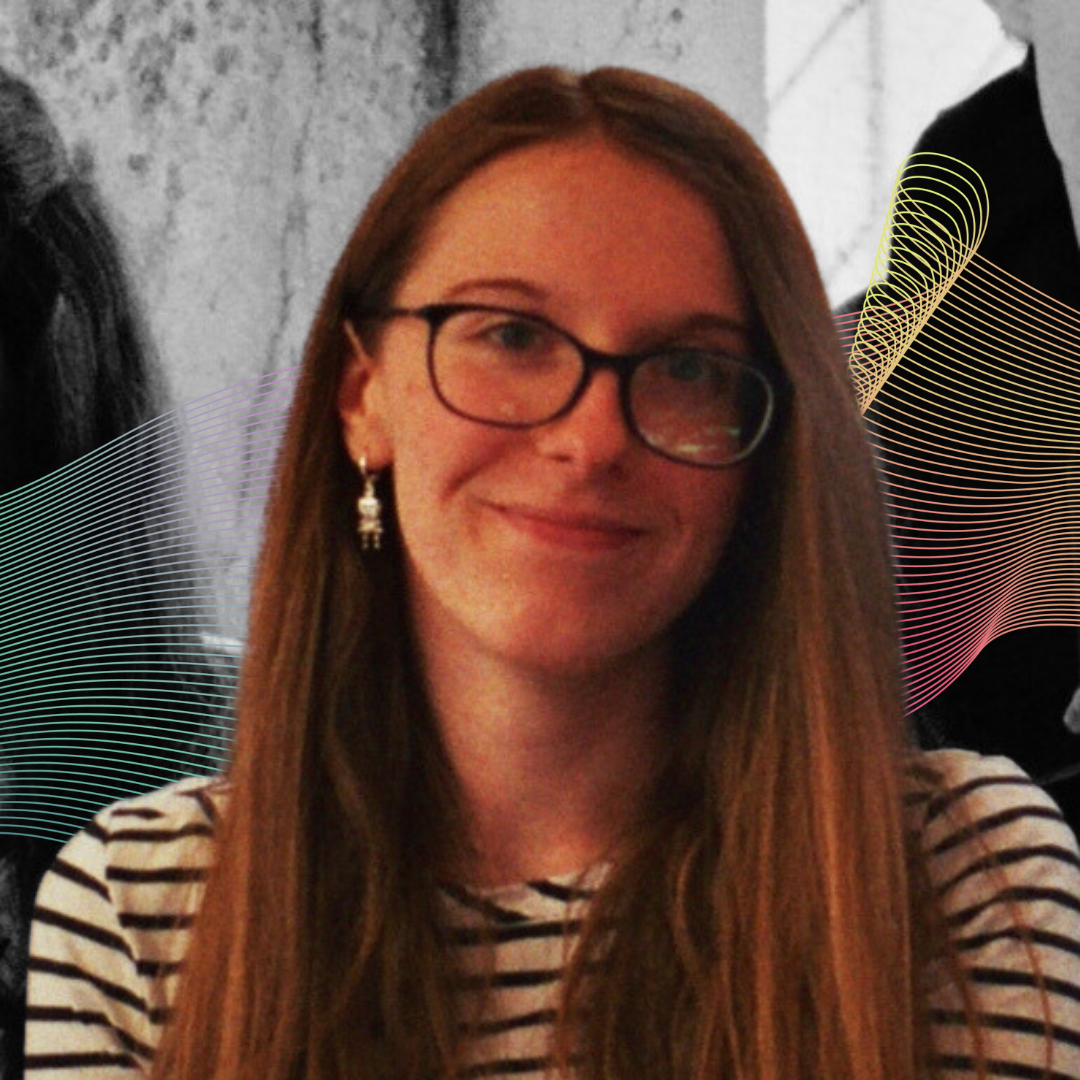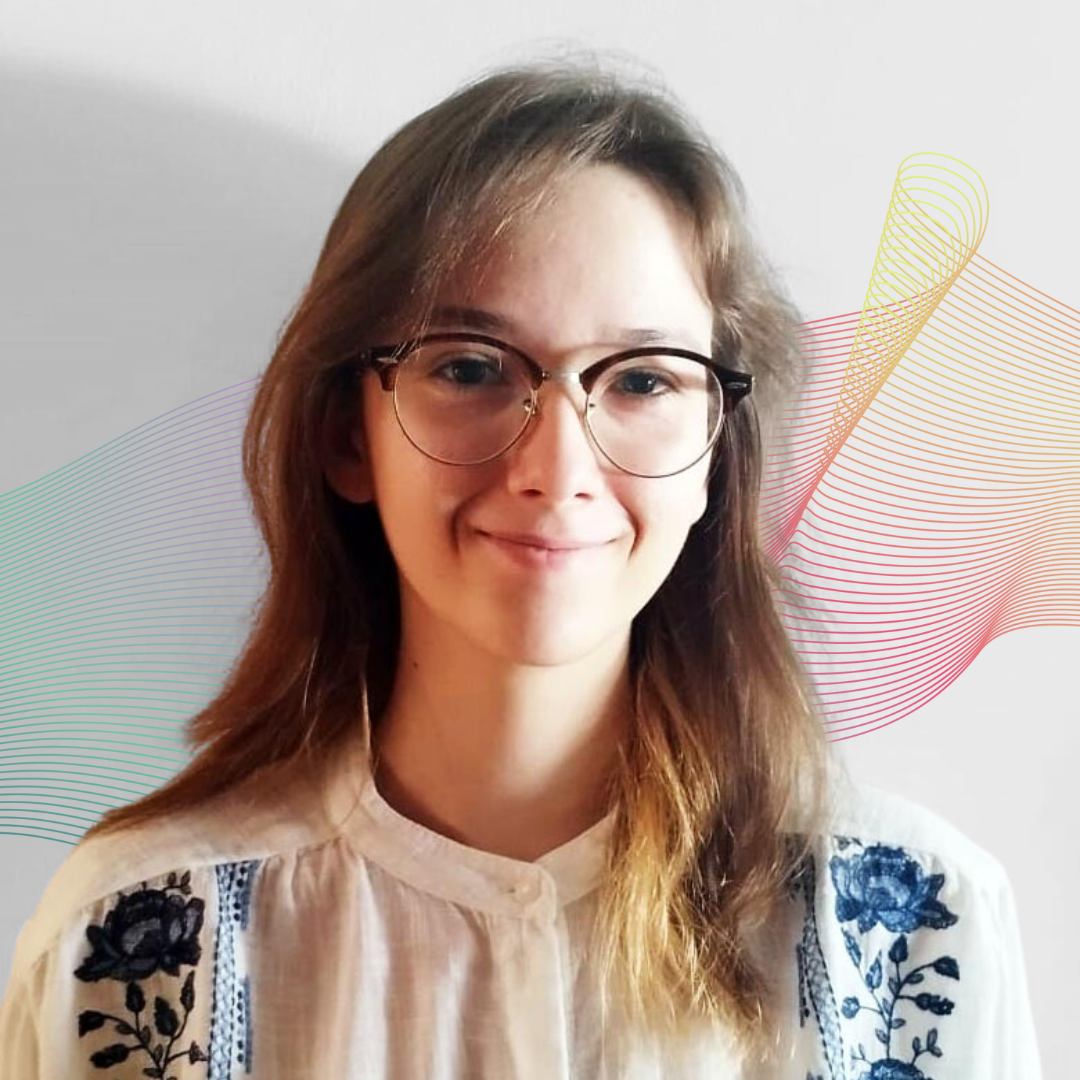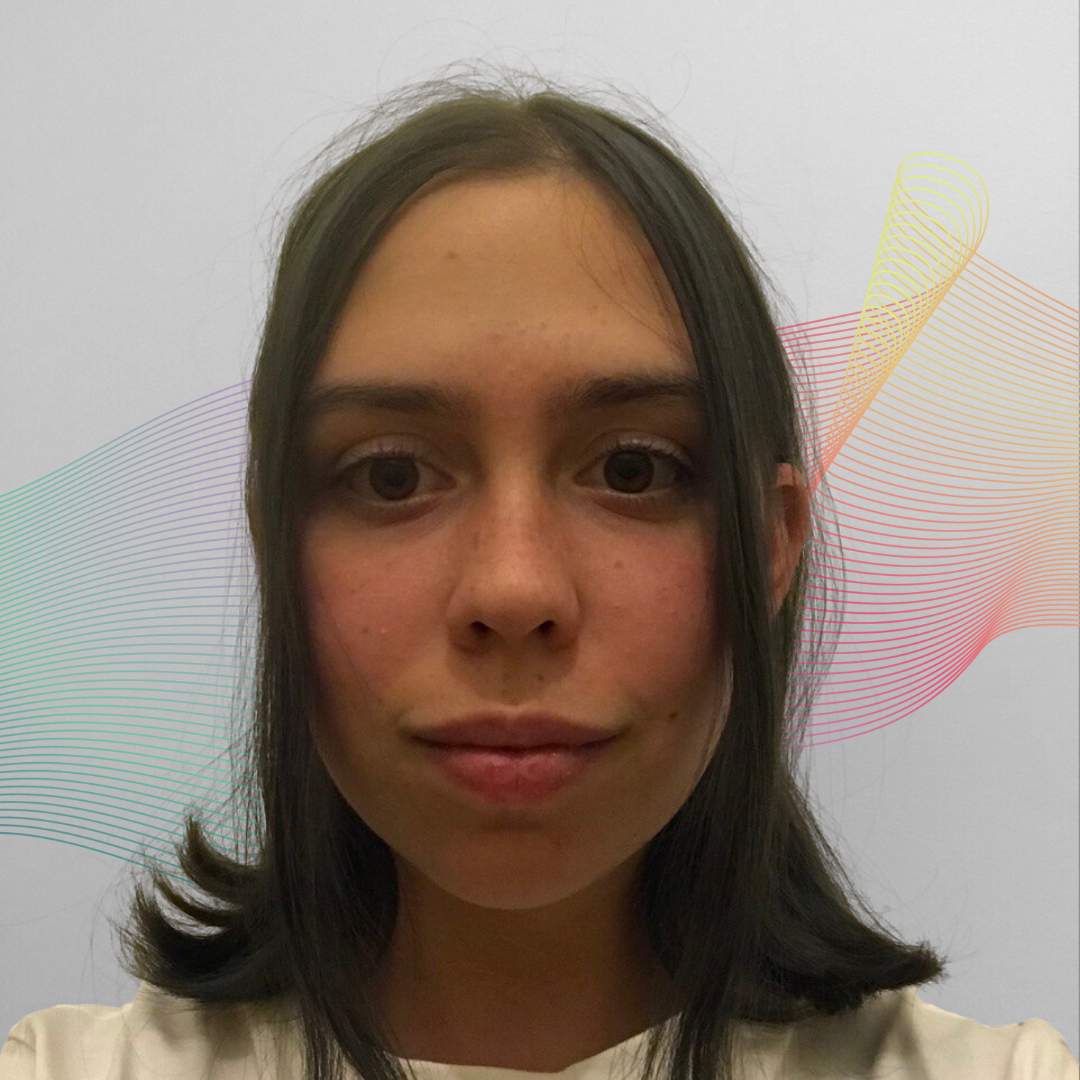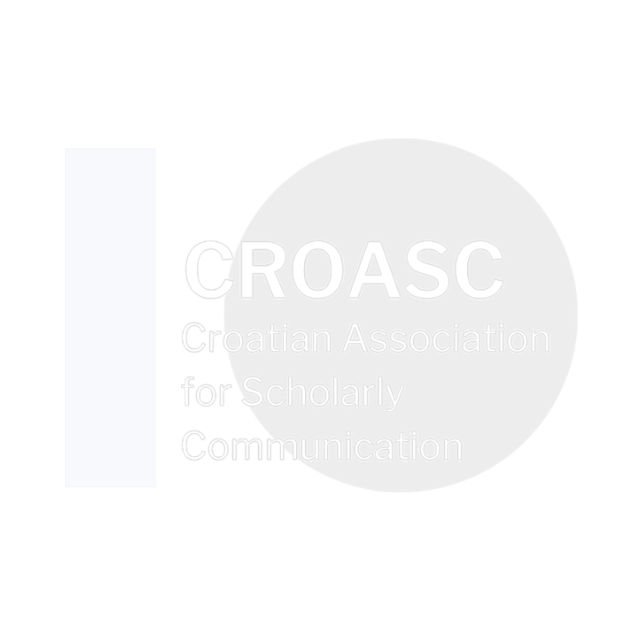The role of scientific journals in times of war
Damir Sapunar, Livia Puljak, Željana Bašić, Danijel Gudelj, Darko Kero, Vicko Tomić, Luka Ursić, Leonarda Gambiroža, Irma Nina Orlandić, Mariia Shmatkova, Matko Marušić, Ana Marušić
15 September 2023
Session 5 ‣ Research integrity, assessment and social impact
9:30 – 11:15
In times of raging war on European soil, the academic community can help by doing what it knows best – helping document important evidence and publishing research. The experience of the Croatian Medical Journal (CMJ) editors during the Homeland War shows how a scientific journal can help in times of war (Marušić & Marušić, 2002). The CMJ published numerous scientific articles on various aspects of war (Marušić & Marušić, 2012; Marusic, Markulin, Lukic, & Marusic, 2006). To attract more authors that will write about war and to improve the quality of the submissions CMJ editors introduced author-helpful prereview (Marusic & Marusic, 2001). CMJ editors worked with the authors to help them prepare their manuscripts until they were ready for an external peer review. Editorial staff working closely with authors formed the cornerstone of CMJ editors’ work and become a unique approach in the world of medical journals (Marušić & Marušić, 2002, 2022).
In October 2022 directors of the postgraduate doctoral program Translational Research in Biomedicine (TRIBE), decided to use that experience and together with the editorial board of the ST-OPEN journal, which is now led by the former editors of CMJ, launch the Giving Voice project to help Ukrainian authors write reports about the war in Ukraine. We named the project Giving Voice because we want to give a platform to voices that are often not heard loud enough, particularly to those that do not belong to academic elites: students, refugees, vulnerable and marginalized groups, and others whose lives have been disrupted by war.
Together with the ST-OPEN editorial staff, we are inviting interested authors from Ukraine to send us their manuscripts. ST-OPEN is an interdisciplinary journal so we seek contributions from all scientific fields. We will re-employ author-helpful prereview. Our help will include assistance with study planning, statistics, writing, and English language editing to make the obtained data publishable. Other experts who would like to become a part of our network of mentors are more than welcome. All articles will go through a formal external review process, so we cannot guarantee that all will be accepted for publication, but we will do our best to make them publication-ready.
Although many projects are aiming at helping the academic community in Ukraine to our knowledge, our approach is unique. Additional details about the Giving Voice project, already published articles, and similar projects are listed on the project website (Sapunar, 2022). As members of the academic community, we can make a difference within our professional realm. We should not only be a simple service for publishing articles but also, perhaps more importantly, agents of change for the scientific community. As directors of the TRIBE doctoral program, we aim to educate scientists to solve research problems and write reports about them. We should not only try to provide future scientists with knowledge and skills or gather them around the key values – we should also help create enlightened agents of change and equip them with leadership qualities accompanied by social and moral accountability (Frenk et al., 2010). We will extend the same efforts to the authors and mentors who decide to take part in the Giving Voice project.
